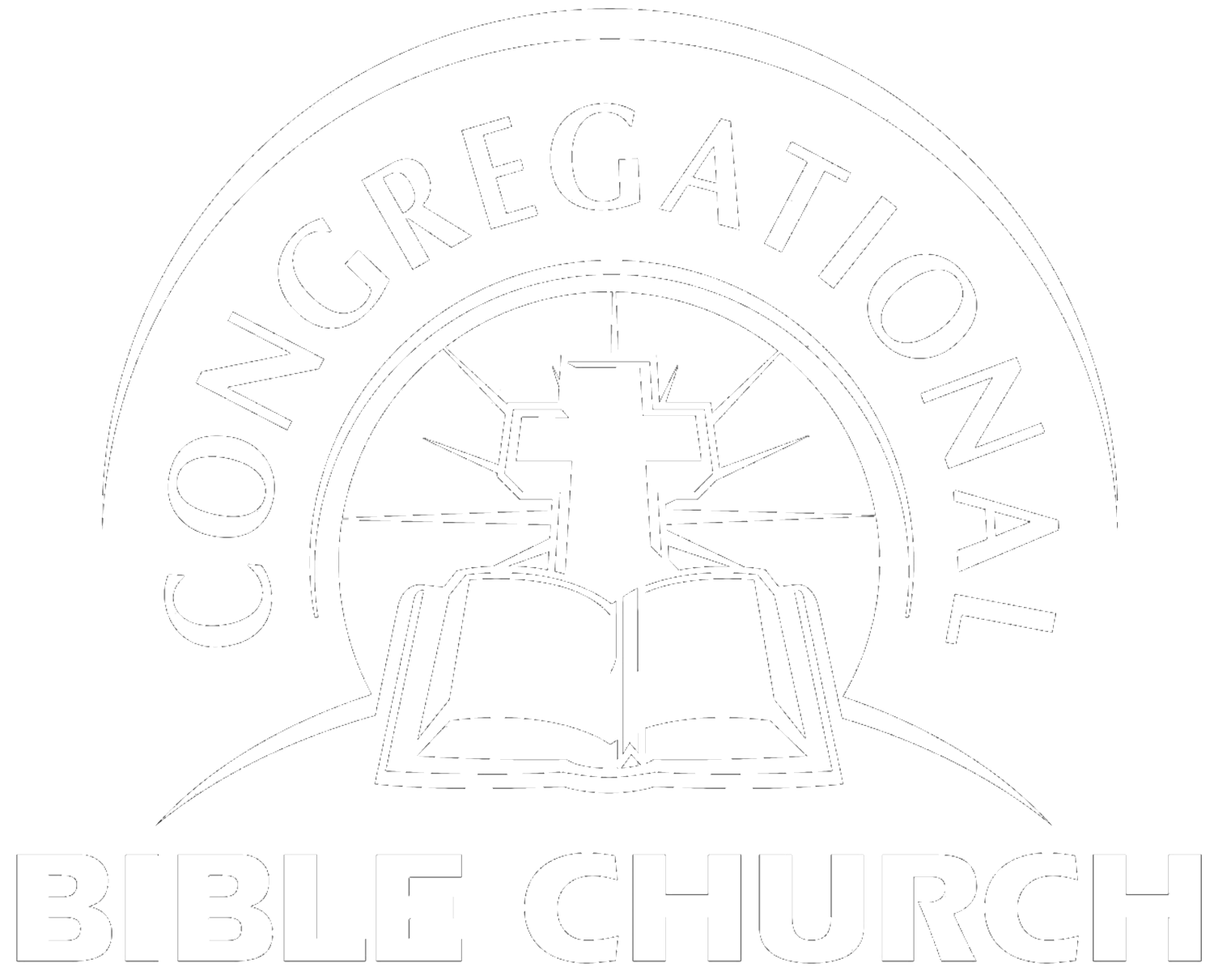As seminary students are nearing graduation, they begin candidating at churches to see where the Lord is going to take them in ministry. I remember during this time being given the advice that when you are inquiring about the size of a church, don’t ask how many members they have, but instead ask what their normal Sunday attendance is. The thought is that some churches have inflated membership roles of lots of people, but a significant portion of that membership does not actually attend the church. I always thought this was a local piece of advice from a professor who had seen this a few times.
However, I read the same exact piece of advice in a nationally published book I was reading on small church ministry. The author states that there are many churches that have a membership list that is not reflective of their actual Sunday attendance. Some on the list have moved away, switched to other churches, or just walked away from the faith. But for some reason, they are still on the membership role of the church. This is how you can have a church with 300 members, but a consistent Sunday attendance of 100.
With this in mind, I have written this month’s Voice article on what I call ‘Meaningful Membership.’ I do believe that if you find the right church, the place you want to stay, you should officially join that church and become a member. I’ve written about the necessity of membership elsewhere. But this month, I want to focus on what it means to be a member of a church. What are you committing to when you become a member of a church? Because it is a commitment. It is far more than just having your name on a list or gaining the right to vote on church matters. Let’s consider the definition of Meaningful Membership.
First, meaningful membership means a commitment to your edifying presence. We know that the Scripture calls on God’s people to be at the Sunday services (Heb 10:25) for the purpose of worshiping God and growing in the faith. However, there is also another purpose of your presence and that is to have an edifying impact on the other members. 1 Thess 5:11 tells us to “encourage one another.” Ephesians 5:19 says, “speaking to one another in psalms and hymns and spiritual songs, singing and making melody with your heart to the Lord.” Part of the encouragement towards one another is singing. That as God’s people hear the saints all praising the Lord, their hearts are encouraged. This edifying presence at the church services and functions also can be just godly conversations. The Hebrews passage about attending services actually tells us to encourage one another as part of our presence. So, not being present at the church services is one problem, but a further problem is being there without having an impact on the others. We are to be present to have an edifying and encouraging influence on the other members.
Second, meaningful membership means a commitment to selfless service. Believers are called on to build up the other members in the Body of Christ (Eph 4:12) and to use their spiritual gift (1 Pet 4:10). Again, this is a step further than merely your presence at services or church functions. Each member is to take an active role in assisting in the accomplishment of the ministries of the church. Every member cannot be involved in every ministry, but when you sign on as a member of a church, you are agreeing to work selflessly towards the vision and purpose of the church. Churches cannot afford to have a portion of their membership sitting on the sideline and watching. This is why it is important to choose a church carefully. Can you jump in and get behind their ministry efforts rather than just adding your name to a roster?
Third, meaningful membership means a commitment to sacrificial giving. Multiple churches took offerings to assist other churches in the New Testament (see Phil 4:16) but each person in the church is to set aside and save for the purpose of a collection (1 Cor 16:1-2). People don’t like the church asking for money, but we shouldn’t see it as the church asking for money, instead the church calling on its people to do as Scripture instructs…which is the church’s solemn duty. To join a church is to commit to the financial establishment and continuance of that church.
If you notice, I don’t take membership lightly. I don’t hurry to make people members right away. I want to talk to them and meet with them and make sure they understand the expectations of what their membership at CBC means. At the most basic level, they are committing to having an edifying presence, to selfless service, and to sacrificial giving.
If you are reading this and you are one of those whose name is just on the church’s role but you aren’t present, aren’t serving, and aren’t giving, I would challenge you to renew your commitment. And if this isn’t the church where you can do that, then find one where you can. But all members of all churches should practice meaningful membership. Your name on the role means you are to have an impact towards the growth of the church.



